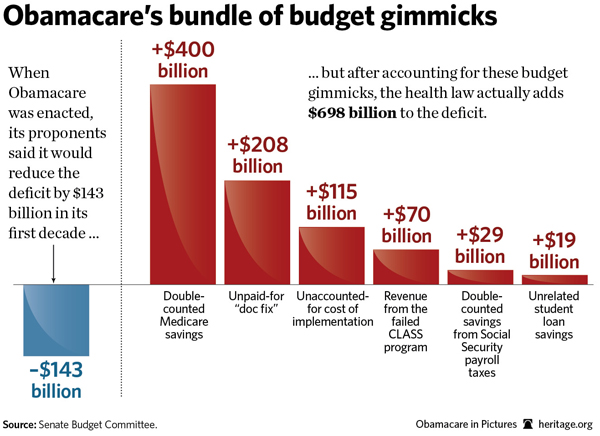Philip K. Howard, author of Life Without Lawyers, has a thought-provoking essay in the Atlantic about how to repeal old laws in order to make room for new policies that will unleash American ingenuity and discretion:
Fixing what ails America is impossible, indeed illegal, without a legal spring cleaning. The goal is not mainly to “deregulate” but to restate programs in light of current needs and priorities.
As a practical matter, this requires Congress to authorize special commissions to make proposals, area by area. Using the base closing commission model, these proposals would be submitted to Congress for an up or down vote.
Going forward, Congress should incorporate sunset provisions in all laws with budgetary impact. The goal is not to end good programs but to impose a discipline that is essential for a functioning democracy that must constantly make tough tradeoffs.
Howard’s point about including sunset clauses into all new laws with budgetary impact would be a HUGE step in the right direction. In Texas government, where I once worked as a legislative staff member, every state agency is subject to elimination pending the outcome of a once-a-decade review.
Each session the legislature is given the option to continue, modify, or eliminate state agencies falling within a policy area (e.g. all agencies having jurisdiction over education). In practice, very few agencies are eliminated completely, but the many are consolidated and streamlined. In every case, legislators get a chance to think through issues like whether the agency is meeting its mission; if not, why not; and if so, is there a better way?
There’s a case to be made that reforms that do little more than add to the existing body of law are, in practice, de-forms of public policy. We don’t need more laws; we need less of the ones we have, and better versions of those.





 In an interview with CFIF, Congressman Paul Broun, M.D. (R-GA) discusses legislation he recently introduced in the U.S. House of Representatives — H.R. 3883, the Budget or Bust Act — that would help force Congress to pass an annual budget by withholding Members’ salaries hostage in an escrow account until a budget is passed.
In an interview with CFIF, Congressman Paul Broun, M.D. (R-GA) discusses legislation he recently introduced in the U.S. House of Representatives — H.R. 3883, the Budget or Bust Act — that would help force Congress to pass an annual budget by withholding Members’ salaries hostage in an escrow account until a budget is passed. CFIF Freedom Line Blog RSS Feed
CFIF Freedom Line Blog RSS Feed CFIF on Twitter
CFIF on Twitter CFIF on YouTube
CFIF on YouTube